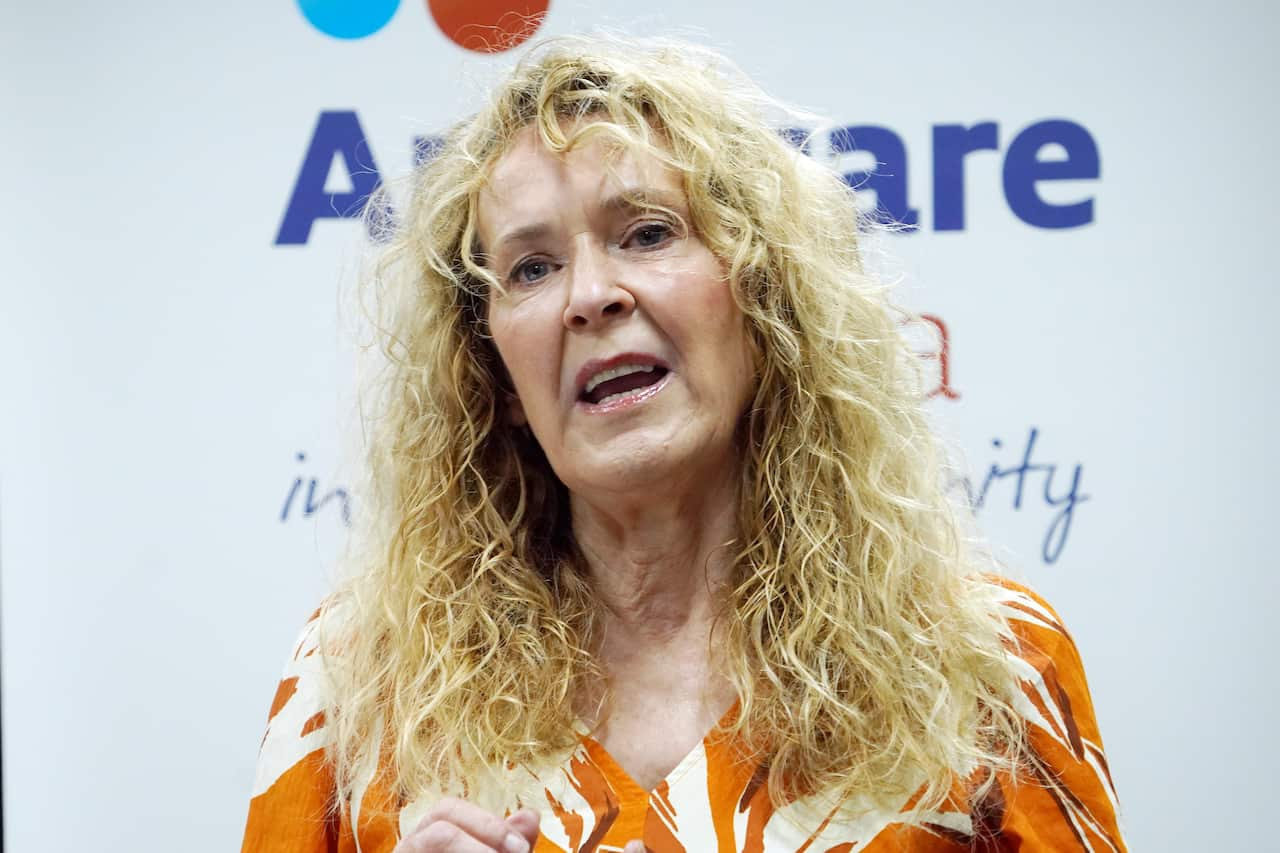The odds of job seekers finding entry-level work are so low that "even the most determined will be left behind", according to new research from Anglicare Australia.
The anti-poverty organisation's latest annual Jobs Availability Snapshot, released on Thursday, compared the number of people receiving JobSeeker payments with the number of positions advertised in August this year that require little formal education or experience.
It found that for every entry-level vacancy, there were 39 job seekers — an increase on last year's figure of 35.
Twenty-five of those 39 people are considered to have barriers to work, meaning they have been receiving JobSeeker payments for a least a year.
"That's the worst we've seen — and this is our 10th year of this snapshot," Anglicare Australia executive director Kasy Chambers told SBS News.
"If you are one of those people who've been on JobSeeker for three years, you've only got partial ability to work, or you haven't got English as your first language and you're competing with 38 other job seekers who have, you're going to find it difficult."
Given that anyone can apply for entry-level jobs and more people were taking on extra work due to the cost of living, there was likely "greater competition than even we are measuring", she added.
Why is it getting worse?
Chambers said one of the reasons the situation was getting worse was because the "list of people who are long-term unemployed is getting bigger, and those who are long-term unemployed are staying unemployed for longer".
Almost one in four JobSeeker recipients have been getting the payment for five or more years, compared to just one in 10 a decade ago.
The longer someone is unemployed, the harder it is for them to get a job, Chambers said.
"Apart from the fact that you haven't had up-to-date training, you haven't got the networks, but also you've been existing on JobSeeker payments, which is less than half the poverty line, so you are likely to be getting a bit worn," she said.
"Things like medication, dentistry, all those kind of things that many of us are lucky enough to take for granted, you're not going to be able to [access]."

The model employment service providers operate under makes them ineffective in helping people find suitable work, Chambers said.
"We've seen a lot of inquiries about it, we all know that it's not working, and yet we spend billions of dollars on it every year into private companies," she said.
"We hear ridiculous stories about these employment service providers denying somebody the ability to go to a job interview because they want them to go to some training that day, putting people with partial ability to work due to spinal conditions through barista courses, which is about standing all day — just really stupid things that are a churn of activity, but are absolutely meaningless and really they don't result in people getting good training, and they don't result in getting people into jobs."
The overall number of job advertisements has also been steadily declining over the past three years, according to figures from the Internet Vacancy Index, with the sharpest drop (37 per cent) among entry-level roles.
Chambers said as automation and artificial intelligence advance and jobs are increasingly mechanised, that downward trend was likely to continue.
"Entry-level jobs are under threat — and we need to do something about it," she said.
"We will always have people who haven't finished year 12, gone straight into a degree and then churn themselves out into the job that that degree was designed for, or the VET course."
The report noted that the employment of checkout operators and cashiers had fallen by 20.6 per cent over the past five years, according to federal government figures, which reflected the rise of self-service technology.
What reforms are needed?
Chambers said the findings showed the urgent need to reform Australia's employment system.
"The jobs are not there, so it's not the person's fault — it is a structural issue," she said.
Anglicare Australia's first recommendation is for the government to create quality entry-level jobs.
Chambers suggested entry-level roles in the care economy as an area of opportunity.
"There are plenty of places where we could be creative, but while we ask the market to do everything for us, that's not going to happen."
Anglicare Australia is also calling for employment services to be overhauled so people are given appropriate support to find suitable and sustainable work.
"It is about talking to the person, finding out what their skills and strengths are and helping them match those to something that's available in their area, if there is something," Chambers said.
The rate of income support payments like JobSeeker also needs to be lifted above the poverty line, she said, so people can afford to look after their basic needs while they look for work or undergo training.
The maximum JobSeeker payment a single person without children can receive is $793.60 per fortnight, which equates to $20,633.60 a year.
"We cannot keep pretending that JobSeeker is an interim payment for a couple of weeks just to get people over a bad patch," Chambers said.
SBS News has contacted the federal employment minister for comment.
For the latest from SBS News, download our app and subscribe to our newsletter.

